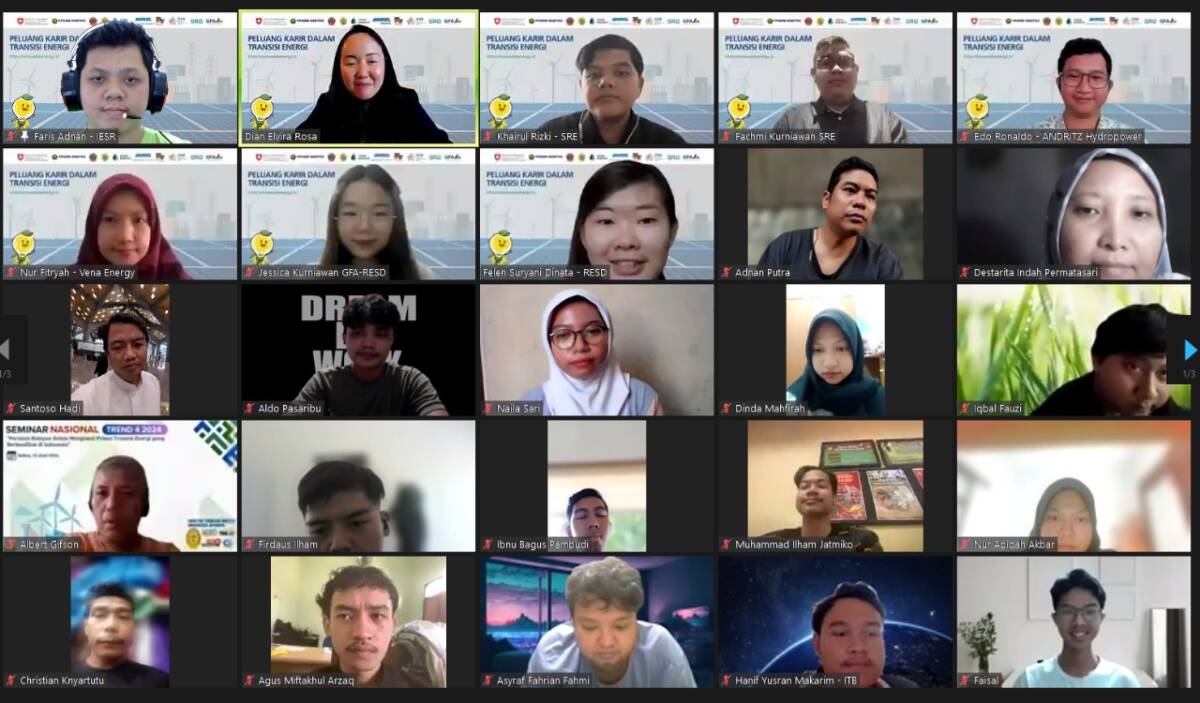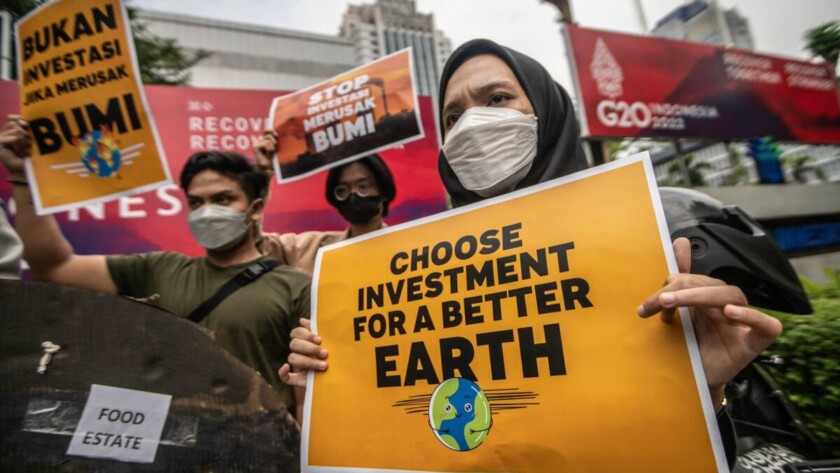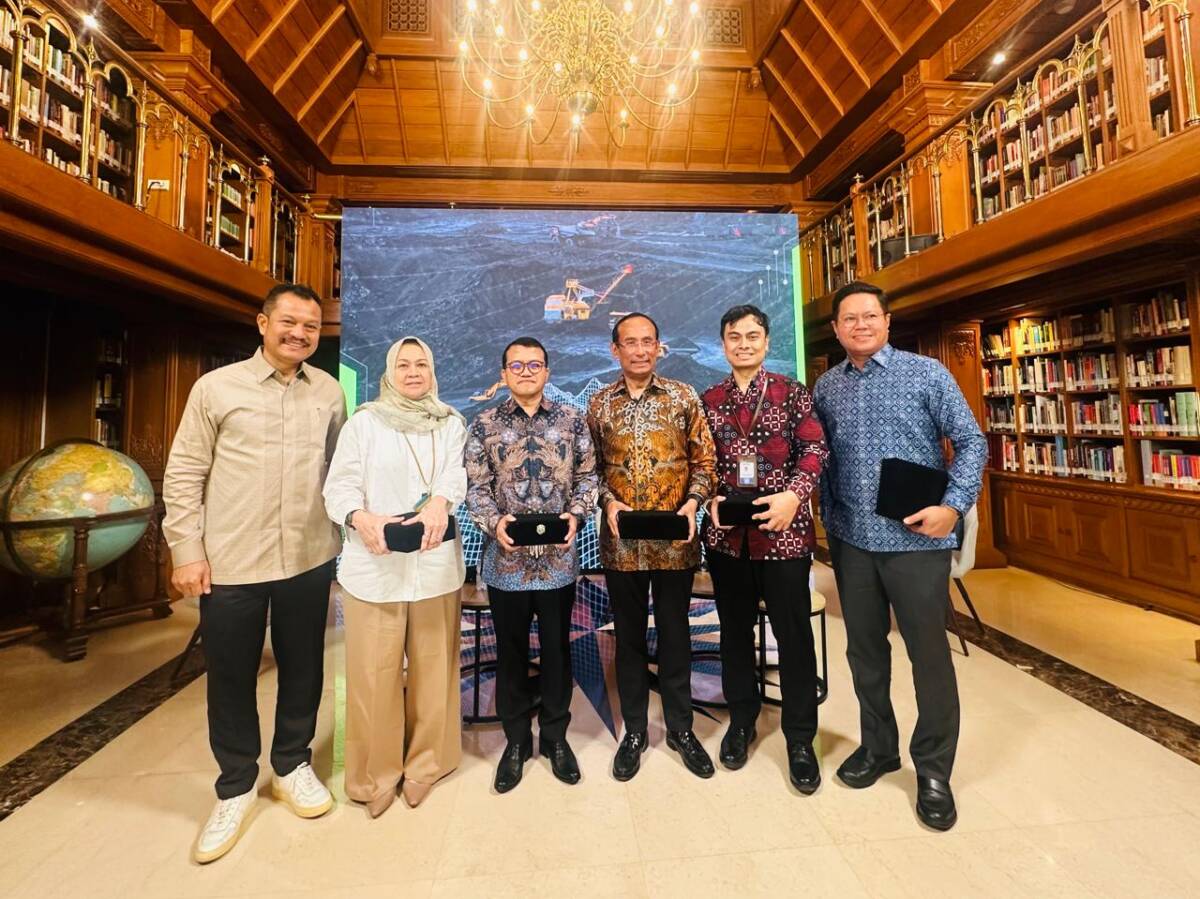Jakarta, 25 June 2024 - To live up to the spirit of emission reduction declared globally through the Paris Agreement, the Nationally Determined Contributions (NDC) document has an important role in ensuring the achievement of the ambition to maintain the increase in earth's temperature to no more than 1.5 degrees Celsius. Currently, countries that are…







